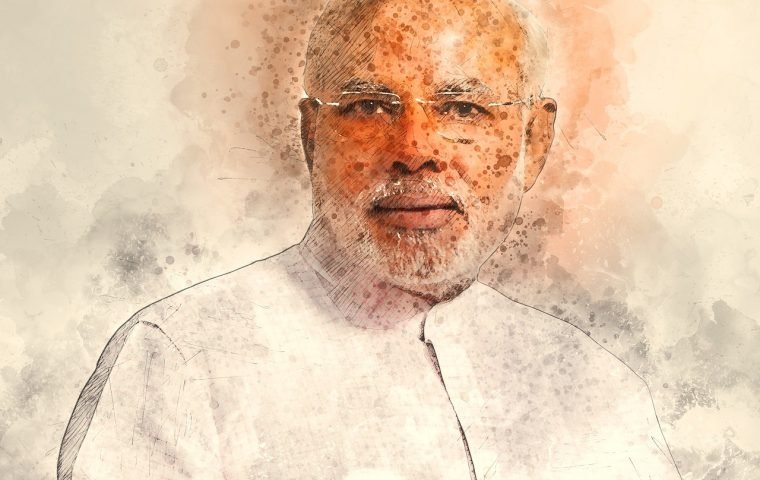The Indian Prime Minister is the head of the government and the most important political leader in the country. The PM holds a great deal of power and influence in Indian politics, and their decisions can have a significant impact on the lives of millions of people. In this article, we will explore the powers of the Indian Prime Minister and their role in the country’s governance.

Appointment and Removal of Ministers
One of the most important powers of the Indian Prime Minister is the authority to appoint and remove ministers in the Cabinet. The Prime Minister can appoint anyone to the Cabinet, including non-members of Parliament, and can also remove them from their position at any time. This power allows the Prime Minister to shape the direction of the government and to ensure that they have a team of ministers who are aligned with their vision.
Head of the Council of Ministers
The Indian Prime Minister is also the head of the Council of Ministers, which is the highest decision-making body in the country. The Council of Ministers is responsible for making policy decisions and advising the President on matters of national importance. The Prime Minister has the power to convene meetings of the Council of Ministers and to preside over them.
Legislative Powers
The Indian Prime Minister has significant legislative powers, including the power to introduce bills in Parliament and to influence the passage of legislation. The PM can also issue ordinances when Parliament is not in session, which have the same force as laws passed by Parliament. Additionally, the Prime Minister can call for a joint session of Parliament in case of a deadlock between the Lok Sabha and the Rajya Sabha.
Foreign Policy Powers
The Indian Prime Minister is also the chief architect of India’s foreign policy. They represent the country at international forums and negotiate on behalf of India with other nations. The PM can also sign treaties and agreements with other countries, subject to the approval of the President.
Emergency Powers
The Indian Prime Minister has emergency powers that can be used in times of national crisis. In case of a national emergency, the Prime Minister can declare a state of emergency, which gives them the power to suspend fundamental rights and impose censorship on the media. The Prime Minister can also take control of state governments and direct the activities of the armed forces.
Conclusion
The powers of the Indian Prime Minister are significant and far-reaching. The PM plays a crucial role in shaping the direction of the government and influencing the lives of millions of people in India. By understanding the role and responsibilities of the Prime Minister, we can gain a better understanding of Indian politics and governance.